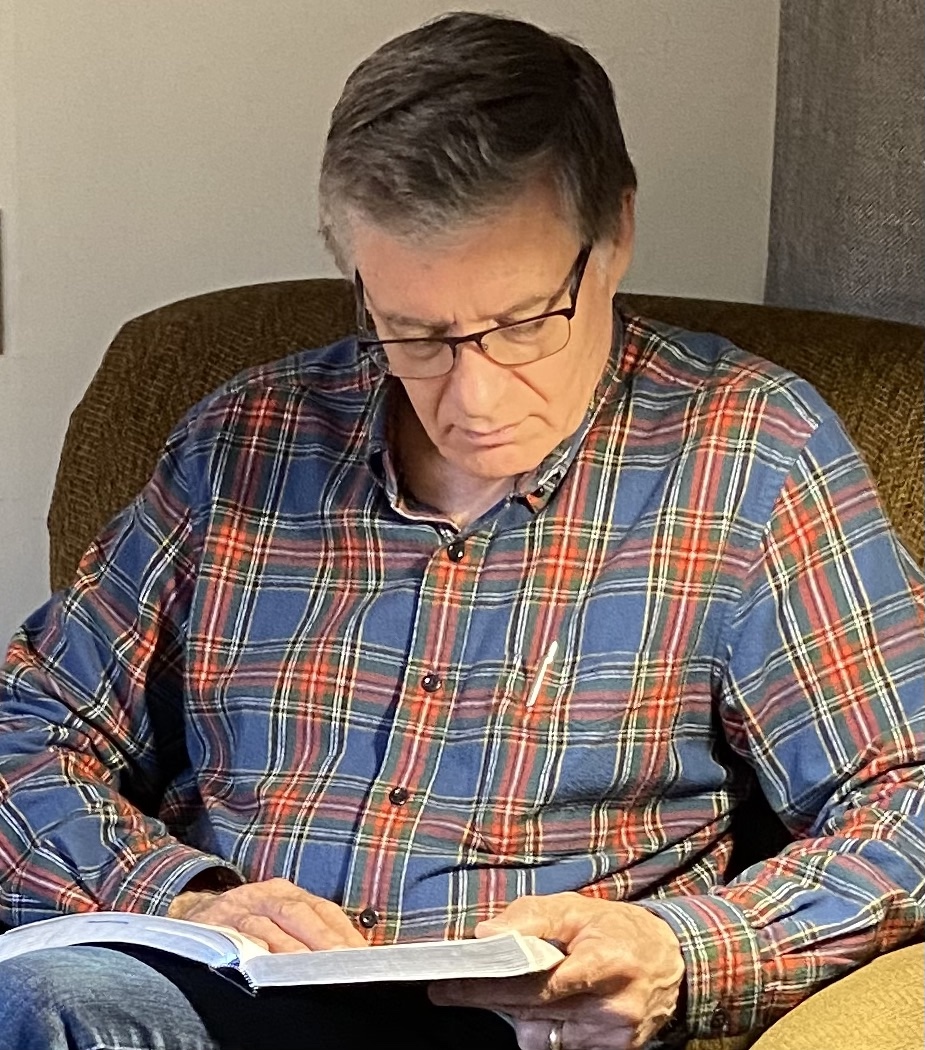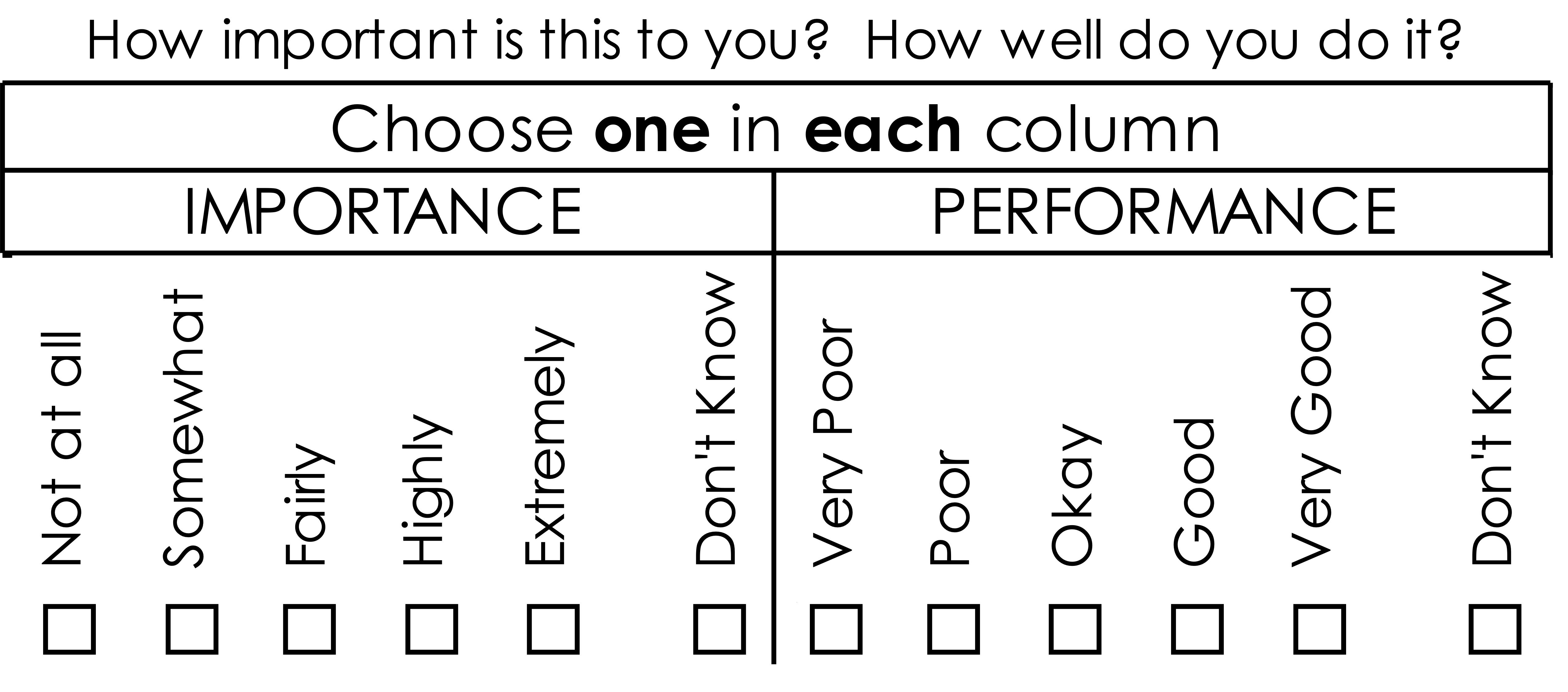How to Stop Procrastinating? Avoid Using the Word "Should"
- Home
- Basic Productivity Skills
- How to Stop Procrastinating
Many leaders talk about how to stop procrastinating but then do it anyway. Most of us have done it. Give yourself a push and get started.
You probably know one or two people who constantly say, “I should have done that” or “I should do this”. That is just wishing time away. You have today to make good decisions that will affect tomorrow. Avoid using the word "should."
Make plans with purpose. Say, “I will …” and then do it. People end up going through their whole life disappointed, because they never realized their goals. Leaders are no different. You will achieve because because you get out of the dreaming stage and into the planning and action stage.
Make a list of your ‘shoulds’. Keep the ones that are real to you. Toss the rest. Now put action steps beside them and go out and make them happen.
"He walked beneath the moon and slept beneath the sun.
He lived a life of going to do and died with nothing done."
Tombstone
Five Days of Coaching on How to Stop Procrastinating

DAY ONE
Make a list of all your 'shoulds'. Be thorough. What ones will really add value to your life and move you closer to those things that matter to you or your business? Keep them. Toss the rest. If your 'shoulds' are all hang-ups, schedule a visit with a therapist. Otherwise adopt a moving forward, positive attitude.
The Coach asks:
- Make a list of all the things you can think of for which you say, "I should."
- Check those that would truly be worthwhile to see happen. These will make a difference to you, your family, your business, ministry or organization.
- What makes those you checked so important to you right now?
- Those "shoulds" that you didn't check? Remove them from this list.
DAY TWO
Today is a planning day. Re-examine your list. Put 'I will' in place of each 'should'. Now create a three step plan for the fulfillment of each one. It's okay if it's two or four steps. Just create a doable action plan. Transfer any elements you can to your day planner.
The Coach asks:
- Reflect further on the list you made yesterday. Now remove the "I should" and replace it with "I will." What do you notice when you do this? What comes up for you?
- For each of the items still on your list, create a three (2, 4, 5 .. whatever) step plan to make it happen. Make it doable.
- Create a time line for each of your items. Transfer any relevant times for completion of an action, into your scheduling system.
- Stop and consider what you have just done. How's your energy level? What level of commitment do you feel? Imagine when you have completed one or more of these "I will's."
DAY THREE
Today is action day. If you want to be serious about how to stop procrastinating, start turning your 'I wills' (which used to be get-nowhere, "I shoulds") into real action. If it's worth thinking about, it's worth doing. Celebrate the fact you are taking action.
The Coach asks:
- Take your first action step. Or take several if you are working on a couple of "I wills" in parallel. How did that go?
- How could you celebrate completion in whole or part? How might that help you keep the momentum going?
- What's next? Use the momentum to keep at it until each item has reached completion.
- Reflect once again on "I should" and "I will." Compare and contrast them. What's the external result and benefit of each? What's the internal result and benefit?
DAY FOUR
Don't go through your life disappointed that you never really stretched for your dreams. Think about those bigger, longer term items that maybe aren't 'shoulds' but are rather 'I wants' or 'I've always wanted tos'. Make some plans for turning these into reality too. It's time to step out and see if those dreams can be acted on.
The Coach asks:
- How can your experience with this series of "I wills," which you procrastinated on for so long, provide a launching pad for some of your longer term dreams or goals?
- What tools and strategy did you just use, and how can they be applied to working on some of these stretch goals?
- How willing are you to step out and reach for something farther out there? How can you harness this willingness in a practical way?
- Many leaders talk about how to stop procrastinating but then do it anyway. Don't be in that number. Be intentional and see what happens.
DAY FIVE
'Shoulds' drain so much energy out of individuals and teams. Help your staff to deal with their 'shoulds' today. You've learned a lot from dealing with yours. Share the secrets.
The Coach asks:
- How many "shoulds" are you aware of right now in your team?
- What part could you play to help your team turn "I shoulds" into "I wills?"
- If just one key organizational goal benefited from everyone throwing out, "I should" and embracing "I will," what do you think would be possible?
- How can you be a role model of this shift you have been working on?

Whoever Watches the Wind Will Not Plant
As a Christian Executive Leadership Coach I encourage Christian leaders to reflect on God's Word to add to their wisdom.
- Eccl 11:4 Whoever watches the wind will not plant; whoever looks at the clouds will not reap.
- Gal 6:9 Let us not become weary in doing good, for at the proper time we will reap a harvest if we do not give up.
- Php 4:13 I can do all this through him who gives me strength.
- Pr 14:23 All hard work brings a profit, but mere talk leads only to poverty.
- Pr 20:4 Sluggards do not plough in season; so at harvest time they look but find nothing.
If you are a leader, executive, or senior level professional looking to work with a Christian Executive Coach, I invite you to connect with me here.
If appropriate, we can meet by phone or Zoom to discuss your situation.
Record Your Progress
This is your opportunity to track your progress. Start by asking yourself how important this practice is to you? Record the importance as - not at all, somewhat, fairly, highly or extremely.
Now next to it ask yourself how well you carry out this practice. Record your performance as - very poor, poor, okay, good or very good.

The things we track, we pay attention to. Across time, come back and record your new results. You will find that as you are intentional about making improvements, you will bump your "score" up higher.
This is significant. Don't miss the opportunity to acknowledge your success, and use it as a springboard for making even further gain.
Notes
I hesitate to think how much productive, difference-making time is lost from a leader's career by saying "we should, I should, we should have, I should have." It must be enormous. Don't let that continue to be you or me.
Contact me here Privacy Policy
© G.E.Wood and Associates. All Rights Reserved in all media.
G.E. Wood and Associates is an international coaching firm registered in Ontario, Canada
142 Pratt Crescent, Gravenhurst, Ontario, Canada, P1P 1P5